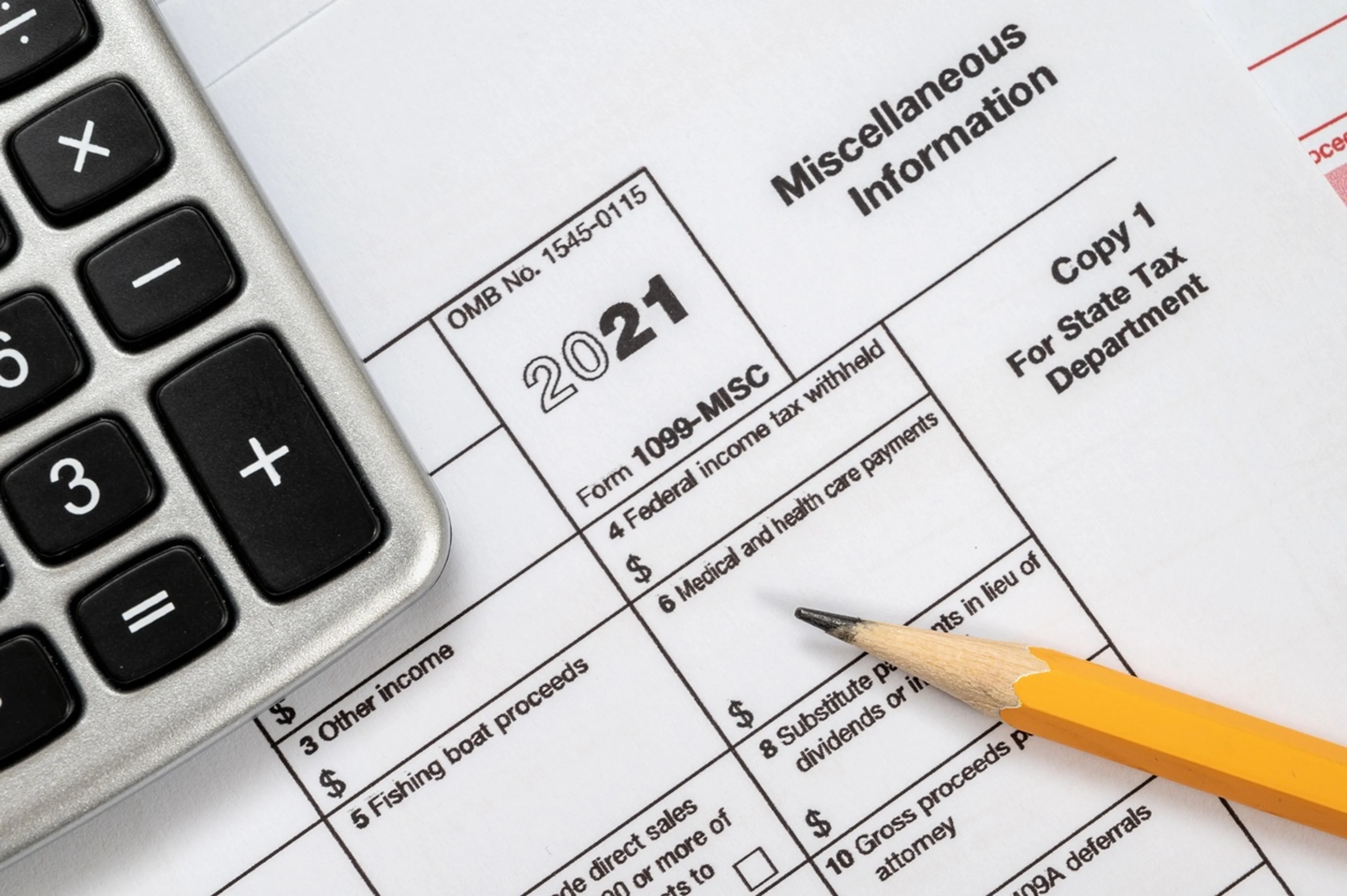
Prepare Now: Proposed 1099 Paper Filing Threshold Begins in 2022
Whether you’re a small business or a large corporation, business owners are required to file information returns (such as Form 1099s) with the Internal Revenue Service (IRS). Largely for the sake of convenience, e-filing methods have rapidly grown in popularity with business owners across the nation. Now, the IRS has proposed new changes to further reduce the threshold of paper document filing in favor of e-filing, which is expected to go into effect beginning with the 2022 tax year.
Threshold Changes for 2022
The newly proposed regulations require businesses to reduce their paper filing to 100 information returns, no matter the volume of 1099s, down from 250 or more. Furthermore, this will be reduced to 10 returns for the 2022 year with returns coming due in 2023. The count is not necessarily on a per type of report count, but an aggregation of all information returns. Under the proposed regulation, for example, a filer with 40 1099-NEC forms, 60 1099-MISC forms, 20 1099-INT forms and 50 1099-DIV forms would have to choose to e-file all these forms since the total number of forms totals more than 100. In a bid for continued e-filing, under the new proposed regulations, the IRS would require filers to submit corrected forms in the same format as they filed their original forms. Filers cannot switch their filing methods for a tax year and would have to stick to the e-filing method.
Penalties and Exceptions
The current penalty for filing an information return through a non-approved method by the IRS is $280 per return. While this doesn’t seem like a significant penalty, it adds up quickly when you consider the volume of forms businesses regularly file.
Here to Help
With the Jan. 31 deadline quickly approaching for businesses to file independent contractor forms, employers should be vigilant of these proposed filing changes and begin the transition to e-filing. If you have questions about e-filing your 1099s, be sure to contact Doeren Mayhew’s business tax advisors today.


